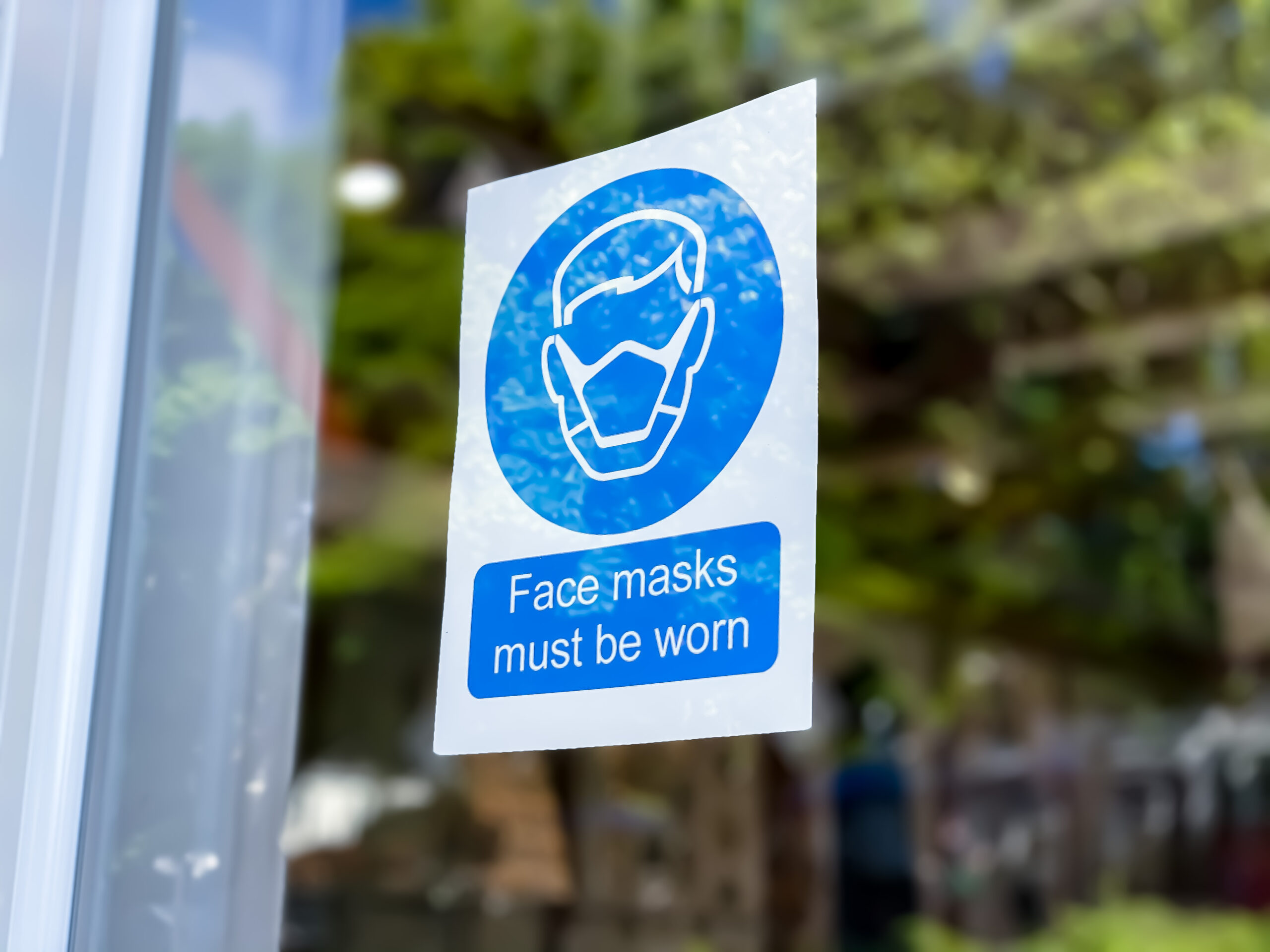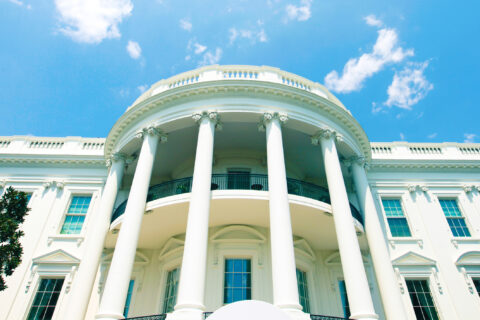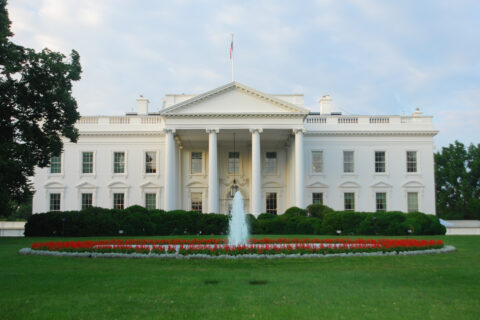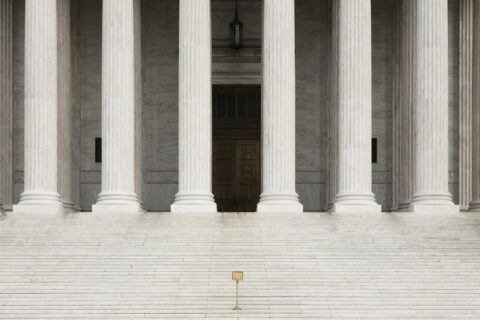A new report from the Local Solutions Support Center finds a worrying trend for cities, towns and villages: that while local leaders have sought to slow the spread and confront COVID-19 for a full year now, state leaders are targeting the ability of mayors, council members, and local public health officials to enact protections for residents.
Just this week, Gov. Greg Abbott of Texas and Gov. Tate Reeves of Mississippi issued executive orders lifting all mask requirements in their states. In addition to the obvious increased health risk that these actions create for residents of these states, they also tie the hands of local governments that have been working to keep their communities safe. These orders are just the latest actions in a dangerous trend facing cities, towns and village.
This review of legislation introduced and passed in 2020 and 2021 state legislative sessions, while not encyclopedic, highlights the huge number and wide scope of bills that have targeted public health responses to the pandemic and the fact that women and Black, Indigenous, and People of Color (BIPOC) are disproportionately impacted by the abuse and misuse of preemption.
State Interference and Local Public Health
The American Legislative Exchange Council (ALEC) has promoted a series of bills that severely limit the ability of state executives, local governments, and public health officials to enact and enforce emergency orders. From the Emergency Power Limitation Act, which curtails how long an emergency order can remain in effect, to the rolling back of rules and regulations via the Expedited Suspension and Legislative Repeal of Harmful Rules Act, it is clear that ALEC is taking advantage of the pandemic to accelerate the implementation of its anti-regulatory agenda.
According to the Associated Press, nearly half the states have or will consider preemptive bills that limit public health powers. These range from bills in Missouri and Montana that remove authority from public health boards and officials, to continued efforts to overturn local masking mandates in Michigan, North Dakota, and South Carolina. Passage of these bills could change the contours of public health authority for years to come:
- The immediate effect will be to prevent actions that have been shown to slow the spread of COVID-19.
- Moving power to state legislatures will result in the inability to locally tailor orders and could lead to slowed responses and a lack of expertise to address public health emergencies.
- These bills could also widen public health disparities and make it harder to advance public health equity during a pandemic that has disproportionately sickened and killed Black and Brown Americans.
- These laws are also likely to have indirect effects by chilling action on the part of officials who fear repercussions resulting from potential violations of the new laws.
The misuse and abuse of preemption disproportionately affect women, people of color, and workers in low-wage jobs. As recent research has found, preempted policy areas such as minimum wage, paid sick days, tenant protections and broadband, block policies that would stand to benefit people of color, low-wage industries, and women. These policies would not just benefit these communities in normal times, but especially during the pandemic. COVID-19 has brought these inequities into stark relief as people of color in particular facer higher rates of COVID-19 infection and mortality rates.
What Can Cities Do?
Cities are not without options. They can partner with their state municipal league and other advocates to counter these measures in the legislature and advance local decision-making. In extreme circumstances, they can turn to litigation. These strategies, and more, are explored in NLC and LSSC’s municipal action guide.
Cites can also consult the Principles of Home Rule for the 21st Century to advocate for a wholistic revisioning of what local decision-making means, and what is required of state governments to enshrine these powers.
Local leaders interested in learning more about state preemption of public health authority and preemption repeal campaigns are invited to reach out to the Local Solutions Support Center.









